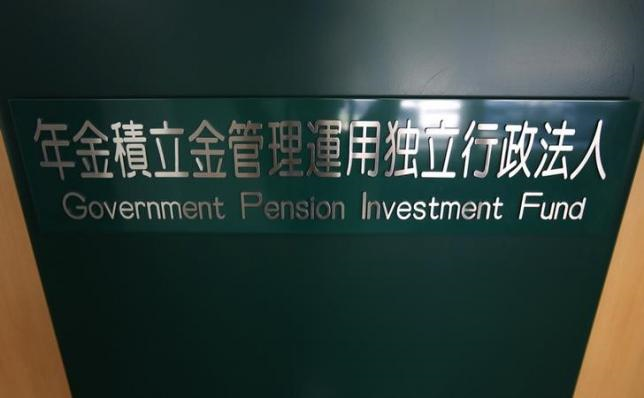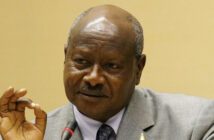The world’s biggest pension fund posted the worst annual performance since the global financial crisis, with losses exacerbated by unfavorable currency moves and a foray into equity markets.
Japan’s $1.3 trillion Government Pension Investment Fund lost 3.8 percent in the year ended March 31, or 5.3 trillion yen ($51 billion), the retirement manager said Friday in Tokyo. That’s the biggest drop since the fiscal year ended March 31, 2009. GPIF lost 10.8 percent on domestic equities and 9.6 percent on shares in other markets, while Japanese bonds handed the fund a 4.1 percent gain.
The annual loss — GPIF’s first since doubling its allocation to stocks and paring domestic bond holdings in October 2014 — came during a volatile stint for markets. Japanese shares sank 13 percent in the year through March while the yen climbed 6.7 percent against the dollar, reducing returns from overseas investments. The only asset class to post a profit was local debt, which jumped in value as the Bank of Japan’s adoption of negative interest rates sent yields tumbling.
“The results are painful,” said Masahiro Ichikawa, a senior strategist at Sumitomo Mitsui Asset Management Co. in Tokyo. “Because it’s a pension fund, they need to have a long-term outlook, so I don’t think we can say yet that they took on too much risk. It was a harsh investment environment for most of us.”
In a press briefing in Tokyo after the results were announced, GPIF President Norihiro Takahashi said he will reflect on the performance, but that the current portfolio has enough flexibility to adapt to different market conditions and he wants to run the fund steadily. Yoshihide Suga, Japan’s chief government spokesman, said GPIF’s management shouldn’t be influenced by short-term moves and there is absolutely no issue with its financing.
Almost 80 percent of GPIF’s holdings were passive investments, according to the statement. While GPIF’s losses can be mostly attributed to rocky markets and an index-hugging investment approach, its peer in Canada has done better. The $212 billion Canada Pension Plan Investment Board had a 3.4 percent return for the year ended March, with its biggest gain coming from private emerging-market equity investments and real estate.
GPIF’s performance was announced three weeks later than usual, sparking speculation Prime Minister Shinzo Abe was holding off on releasing bad news until after upper-house elections held earlier this month. Opposition lawmakers have been critical of Abe’s decision to increase riskier assets, with the Democratic Party of Japan pledging to return GPIF’s investments to safer assets in its election manifesto.
Culled from Bloomberg




